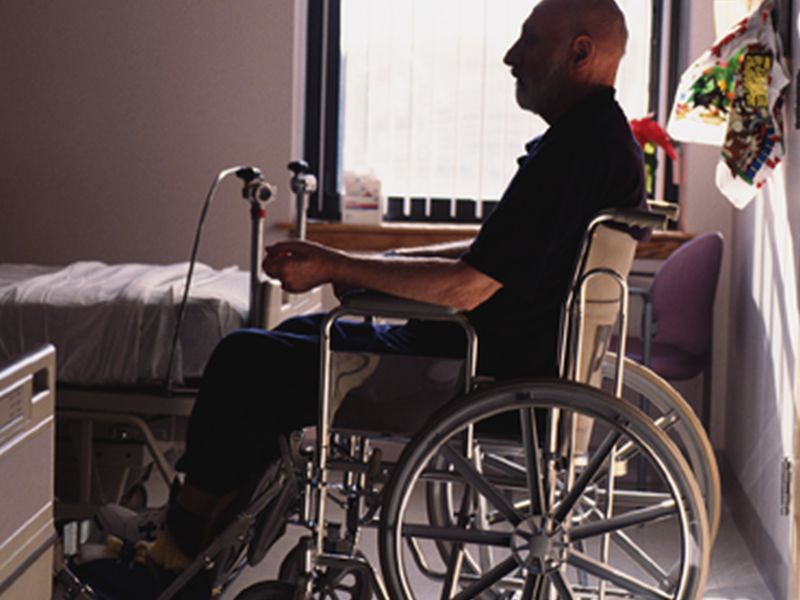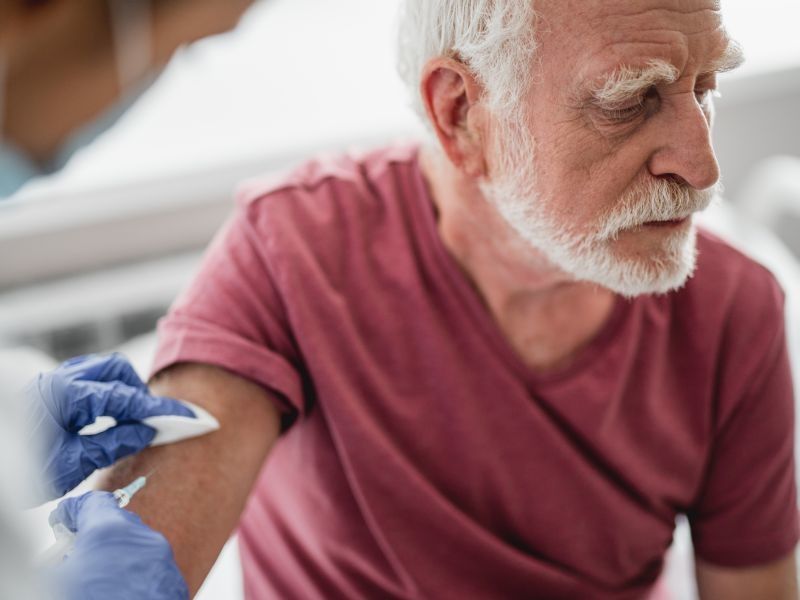
Spinal cord injuries can be devastating to the more than 17,000 Americans who suffer them each year. But many patients may have new reason for hope: Early research suggests infusions of stem cells could help them regain lost sensation and movement. These improvements may occur within days or weeks of receiving the stem cell therapy,… read on > read on >


















